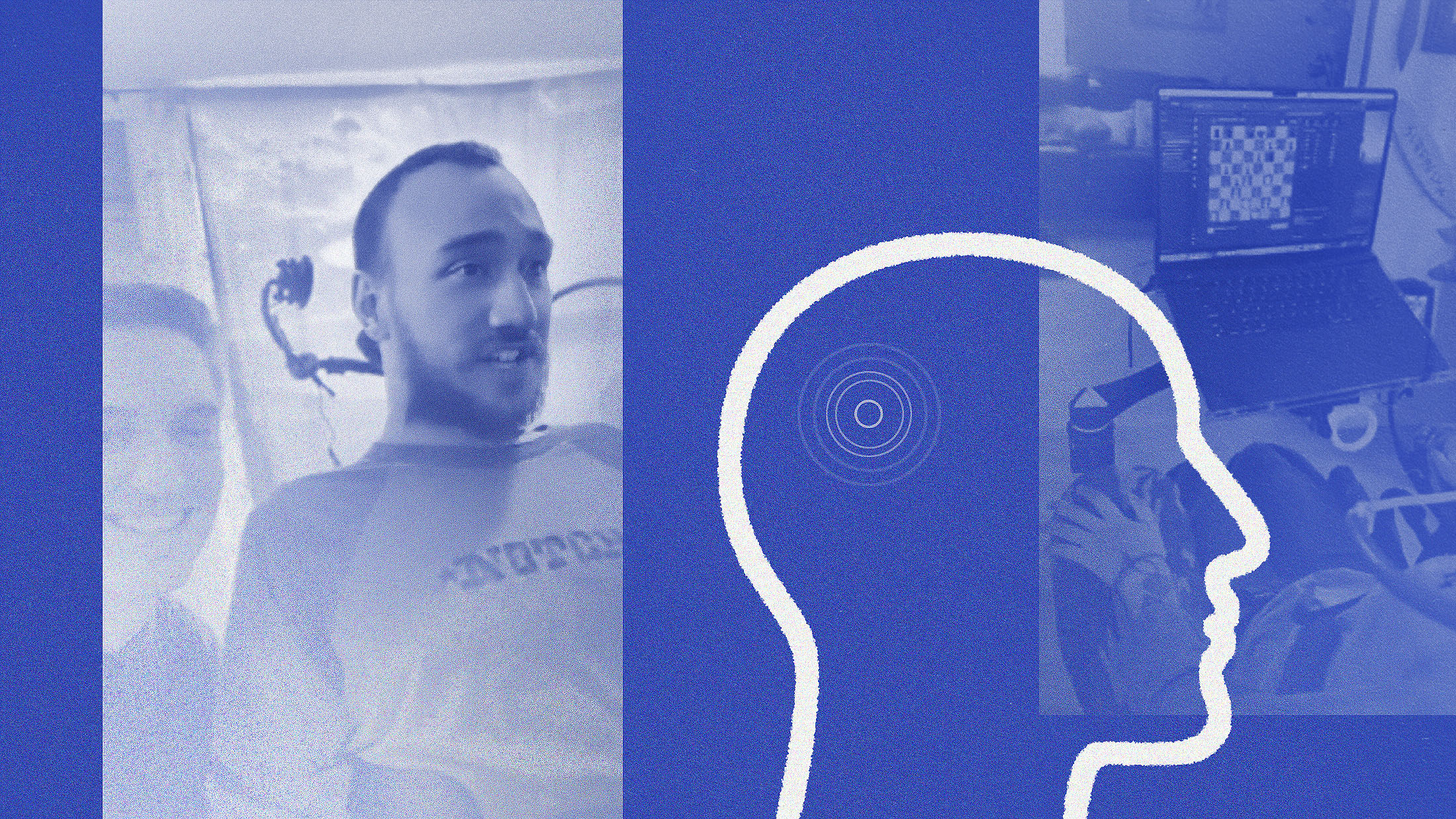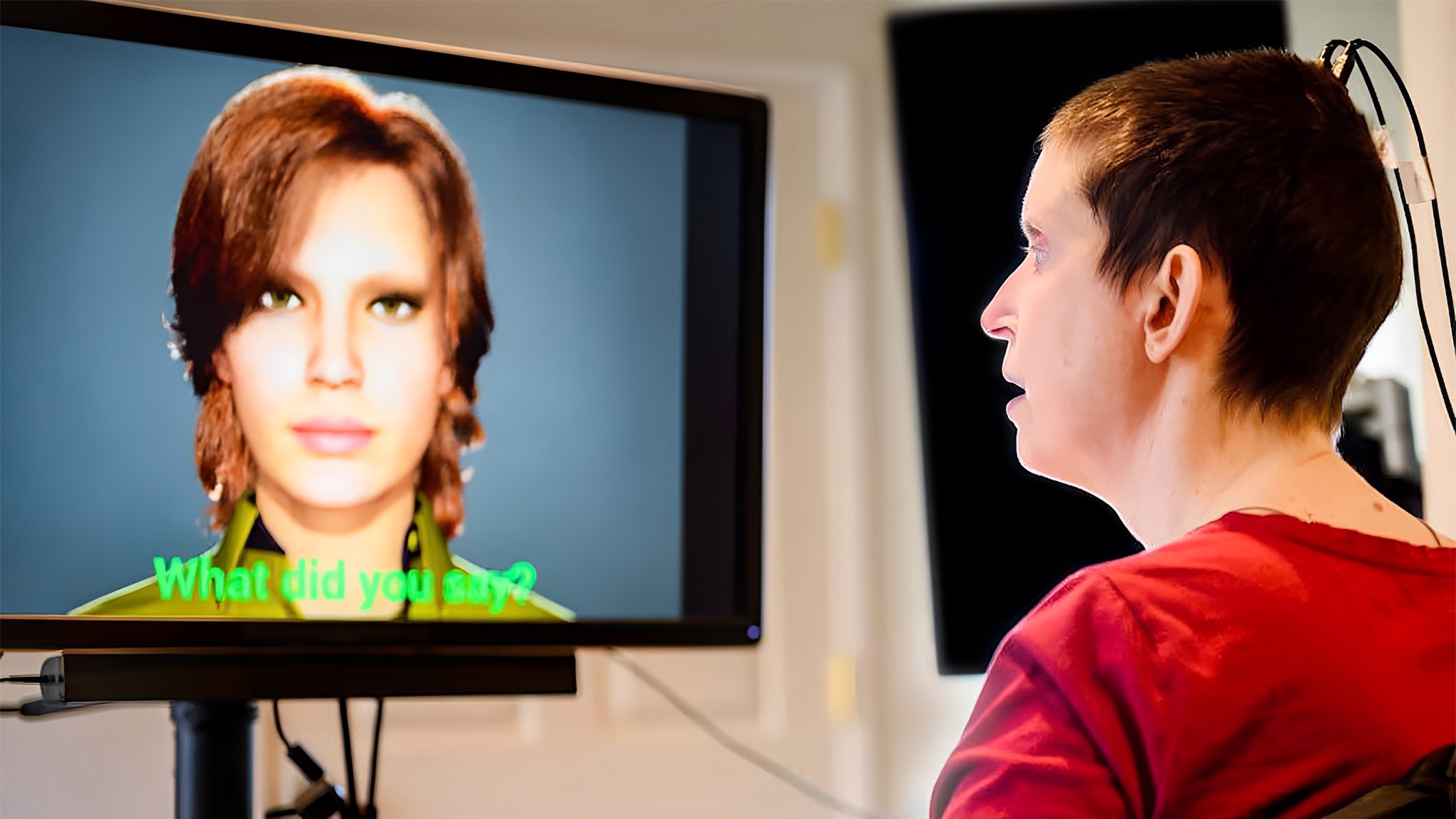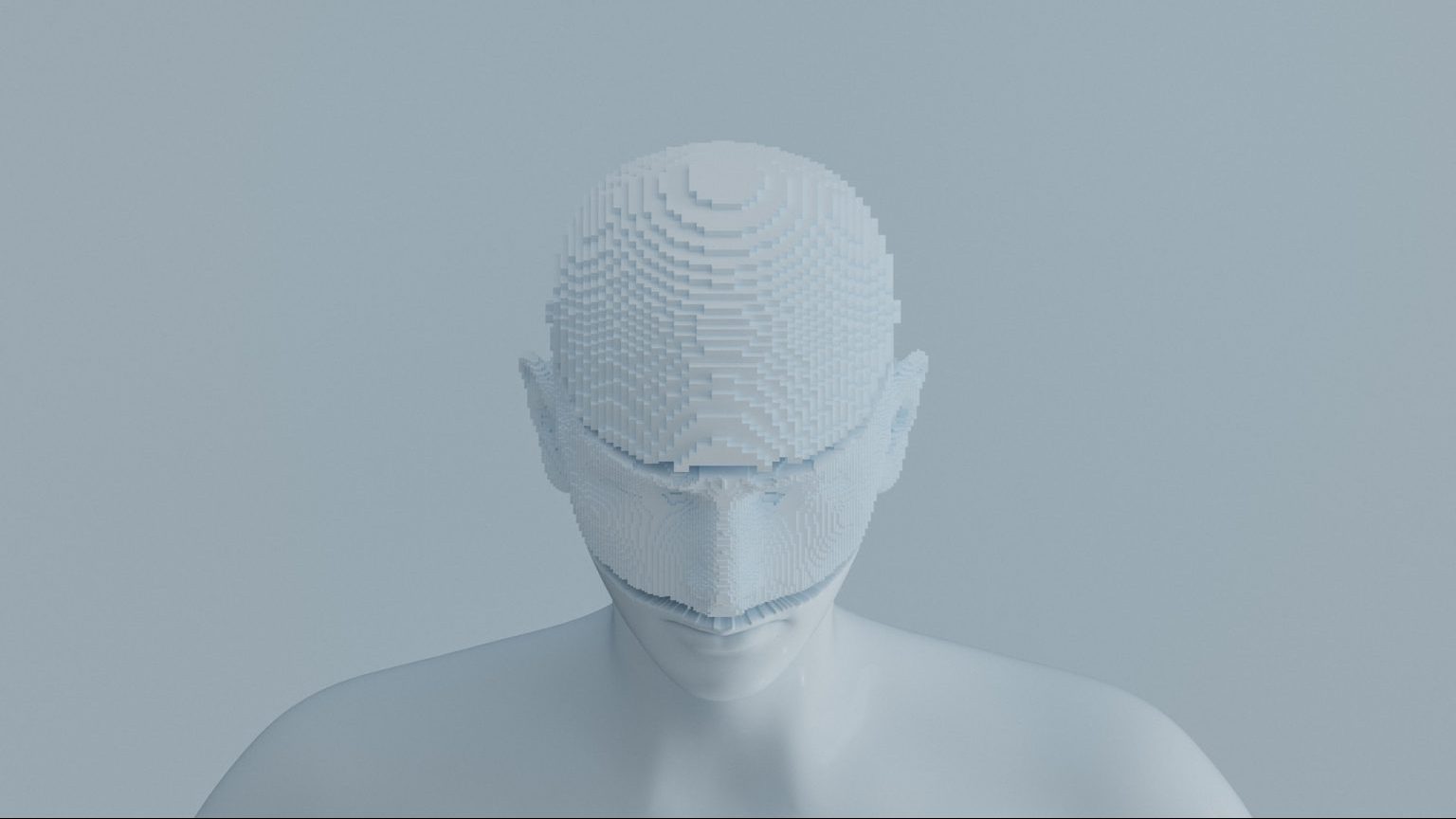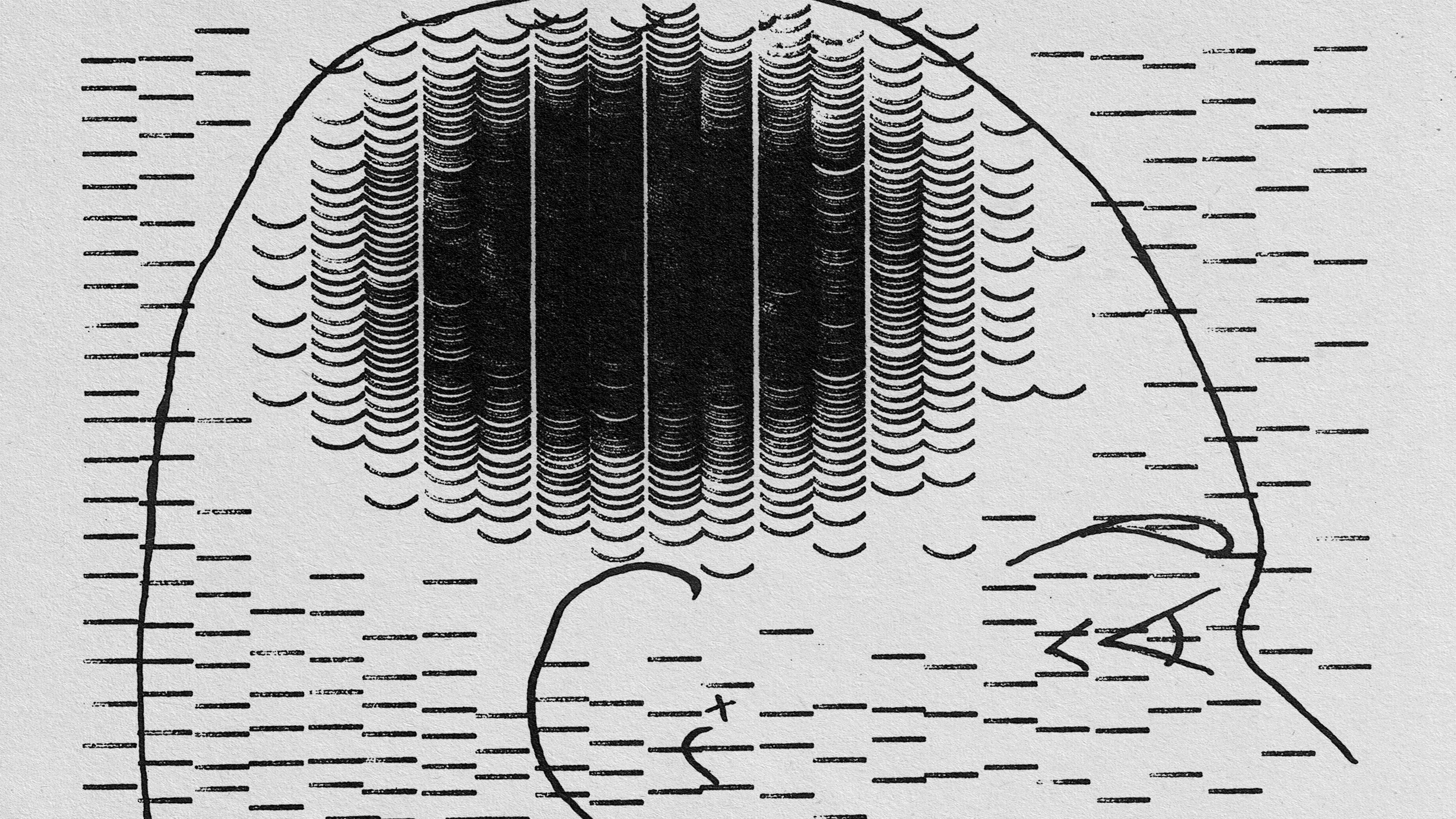Wired Brain
A breakthrough has been made in wireless brain-to-computer connection speech synthesizer technology which could allow victims of paralysis the ability to speak again. “A system that turns brain waves into FM radio signals and decodes them as sound is the first totally wireless brain-computer interface. For now, 26-year-old Erik Ramsey, left almost entirely paralyzed by a horrific car accident 10 years ago, can only express vowel sounds with the system. That’s less than can be accomplished with wired brain-computer interfaces. But it’s still a promising step. ‘All the groups working on BCIs are working toward wireless solutions. They are very superior,’ said Frank Guenther a Boston University cognitive scientist who helped developed Ramsey’s system. In the last decade, brain-computer interfaces, or BCIs, have made the jump from speculation to preliminary medical reality. Since Wired reported on quadriplegic BCI pioneer Matthew Nagle four years, the interfaces have been used to steer wheelchairs, send text messages and even to Tweet. They’re so advanced that some researchers now worry about BCI ethics — what happens when healthy people get them? And they’re concerned about the threat posed by hackers. But as amazing as these early BCIs are, they’re far from street-ready.”




